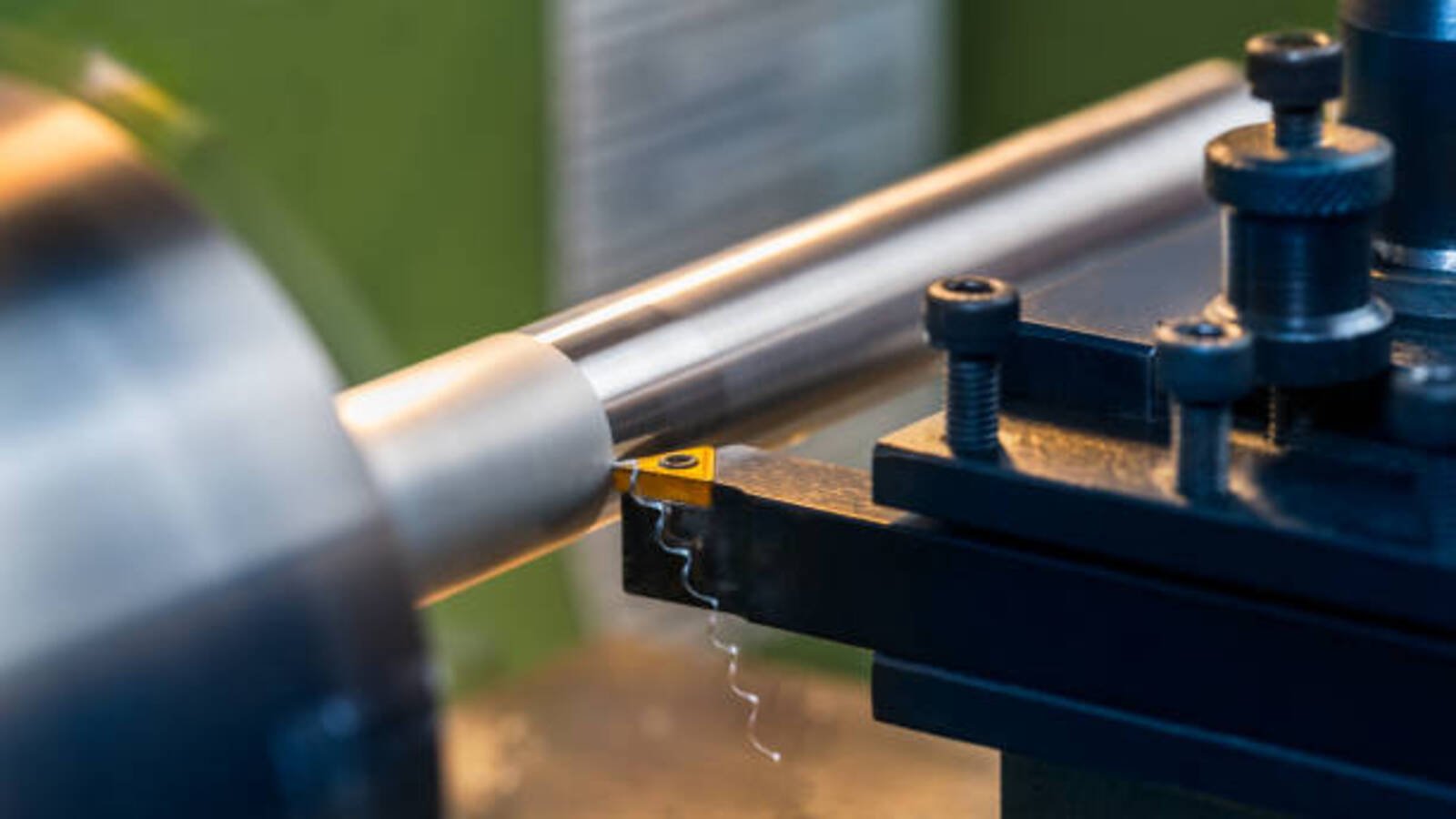The Importance of Choosing the Right Metals for Electrical Components
Electrical components are the building blocks of our modern world. They range from simple switches to complex microprocessors, but all have one thing in common: they require metals to function. Choosing the right metals for electrical components is critical to ensure that they operate safely and effectively. In this article, we will examine some of the key factors to consider when selecting metals for use in electrical components.
Conductivity
One of the most important considerations when Choosing metals for electrical components is conductivity. Conductivity, which refers to a material's ability to conduct electricity, is essential for the proper function of most electrical components. Copper and aluminum are two of the most commonly used metals for electrical conductivity, and both are highly effective at conducting electricity.
Corrosion Resistance
Corrosion can occur when metals come into contact with moisture, chemicals, or other environmental factors. Corrosion can cause degradation of electrical components, short circuits, and other problems. Choosing metals with high corrosion resistance, such as stainless steel or nickel alloys, can help prevent these issues.
Cost
Cost is another important factor to consider when choosing metals for electrical components. Some metals, such as gold or platinum, are expensive but offer excellent conductivity and corrosion resistance. Other metals, such as aluminum or steel, are cheaper but may not perform as well in certain applications.
Melting Point
The melting point of a metal is an important consideration for electrical components that may be subjected to high temperatures during use. Choosing metals with high melting points, such as tungsten or molybdenum, can help ensure that components do not fail due to heat.
Magnetic Properties
Some electrical components may be sensitive to magnetic fields. Choosing non-magnetic metals such as copper, aluminum, or brass can help ensure that these components operate correctly.
Ductility
Ductility refers to a material's ability to be stretched or deformed without breaking. Metals with high ductility, such as copper or gold, are often used in electrical components that require flexibility or bending.
Strength
Strength is an important consideration for electrical components that may be subject to mechanical stress, such as connectors or cables. Choosing metals with high strength, such as steel or titanium, can help ensure that these components do not fail under stress.
Environmental Impact
The environmental impact of the metals used in electrical components should also be considered. Some metals, such as lead or mercury, are toxic and can have negative environmental effects. Choosing non-toxic metals, such as aluminum or copper, can help reduce the environmental impact of electrical components.
Availability
Finally, the availability of a metal should also be considered. Some metals, such as platinum or palladium, may be difficult or expensive to source. Choosing readily available metals, such as copper or aluminum, can help ensure a reliable and cost-effective supply chain.
Conclusion: Choose Wisely!
Choosing the right metals for electrical components involves considering a range of factors, such as conductivity, corrosion resistance, cost, and environmental impact. By taking a careful approach to metal selection, you can help ensure that your electrical components operate safely, effectively, and with minimal environmental impact.

